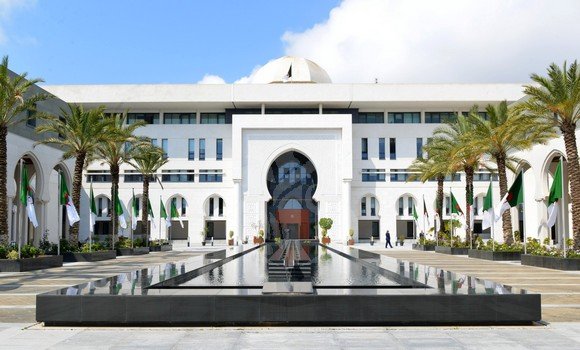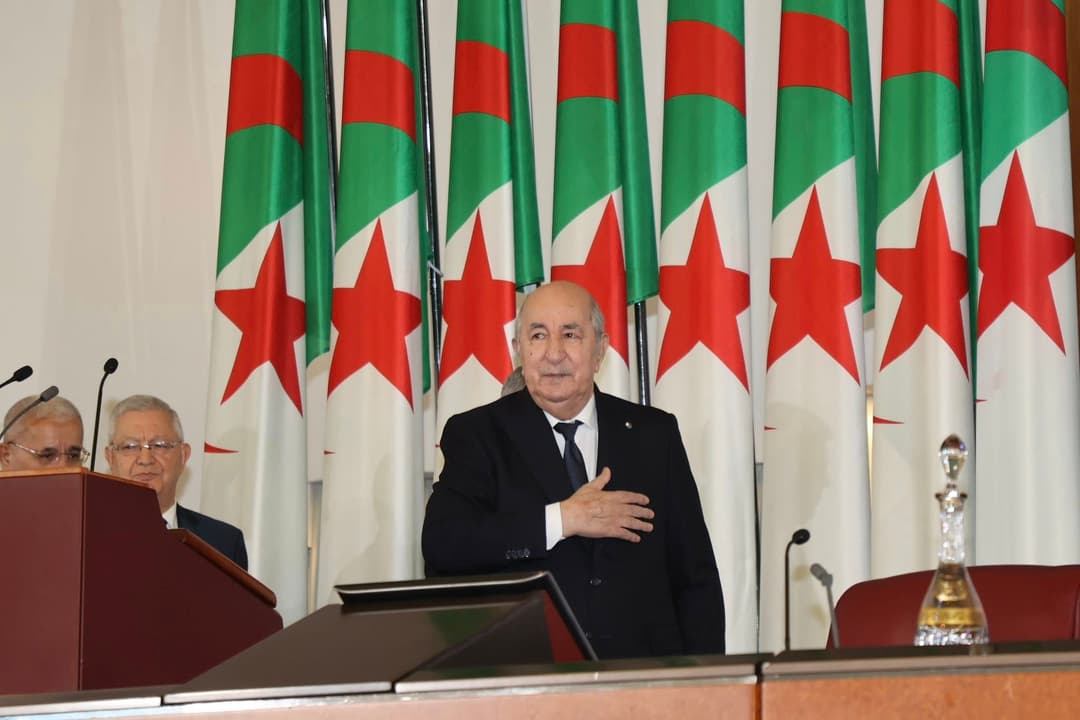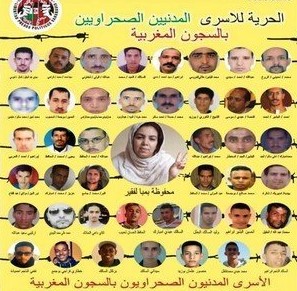
Algiers, 2 June 2025 (SPS) — Algeria has taken note of the United Kingdom’s new stance on the question of Western Sahara and regrets London’s choice to support Morocco’s so-called autonomy plan, according to a Sunday statement from the Ministry of Foreign Affairs, National Community Abroad and African Affairs.
“Algeria has taken note of the new stance adopted by the United Kingdom on the question of Western Sahara.
Algeria regrets the choice made by the United Kingdom to support the Moroccan autonomy plan. Over its eighteen-year existence, this plan has never been submitted to the Sahrawi people as a basis for negotiation, nor has it ever been taken seriously by successive UN Envoys. All of these envoys have noted the hollow nature of the Moroccan autonomy initiative and its inability to provide a serious and credible solution to the Western Sahara conflict,” the ministry’s statement said.
The ministry said that “the Moroccan autonomy plan was never intended to serve as a basis for political settlement of this conflict,” noting that “its aims have always been to fill the space to prevent any search for a genuine settlement, allow Morocco to gain time and gradually acclimate the international community to the fait accompli of the illegal occupation of Western Sahara.”
“Algeria notes, nevertheless, that the United Kingdom has neither mentioned nor backed the Morocco’s so-called sovereignty over the Western Sahara territory and therefore does not endorse the illegal occupation of this non-autonomous territory under international legality. It also notes that during the press conference, the British Secretary of State publicly and solemnly reaffirmed the United Kingdom’s attachment to the principle of the right to self-determination,” the same source said.
“Given this double particularity of the new British position on the question of Western Sahara, Algeria expresses the hope that, as a permanent member of the Security Council, the United Kingdom will continue to hold Morocco accountable for its international responsibilities and will also continue to uphold international legality, particularly UN decolonization principles,” the same source concluded.


